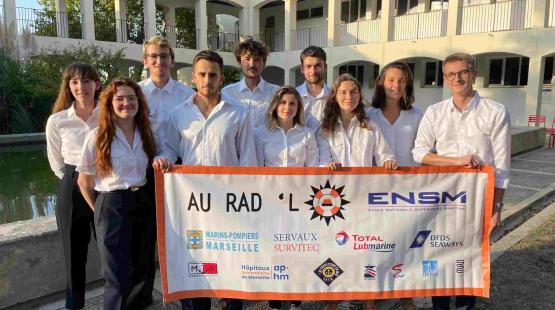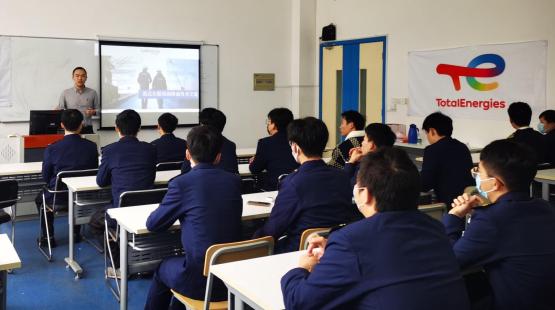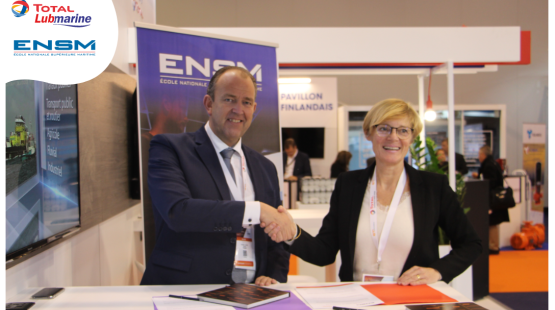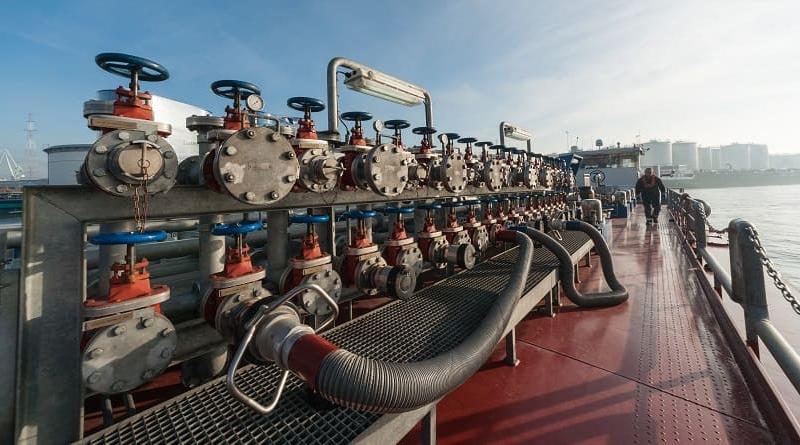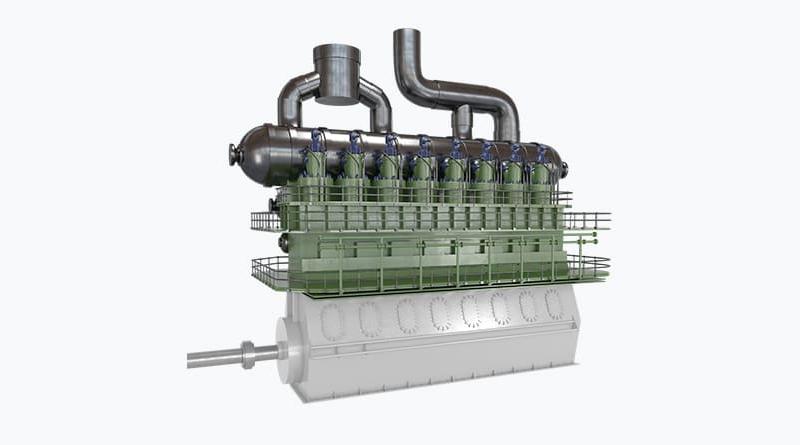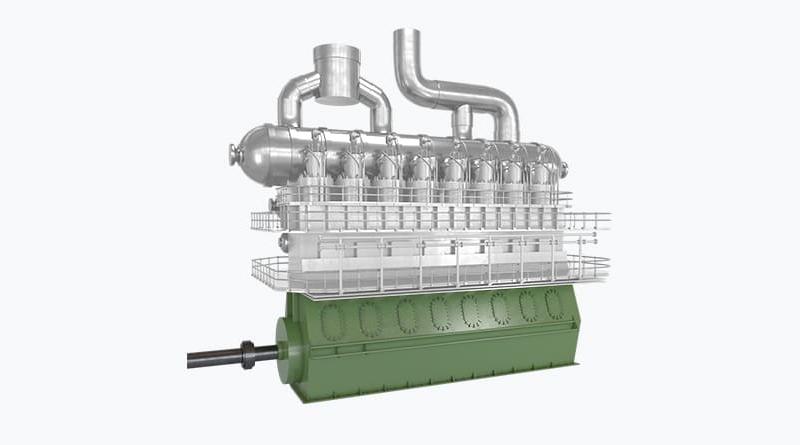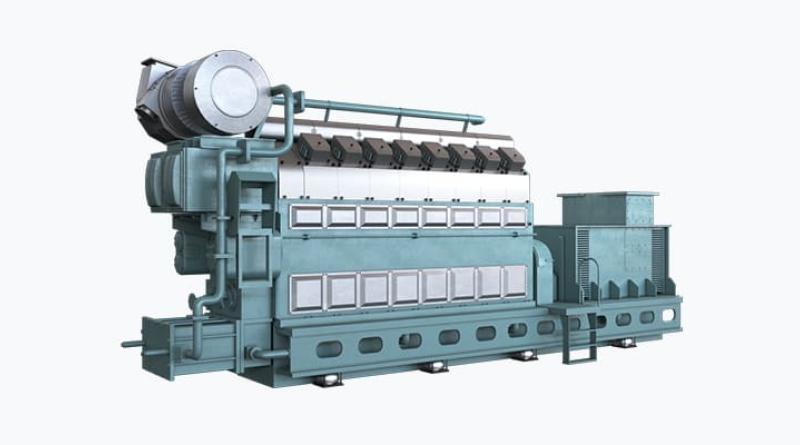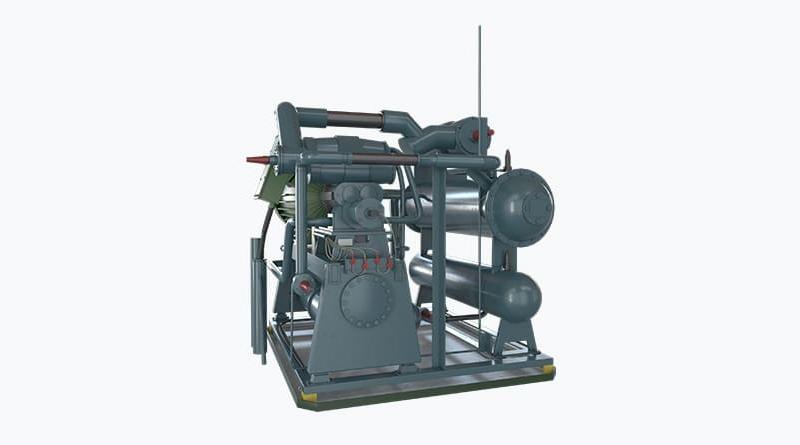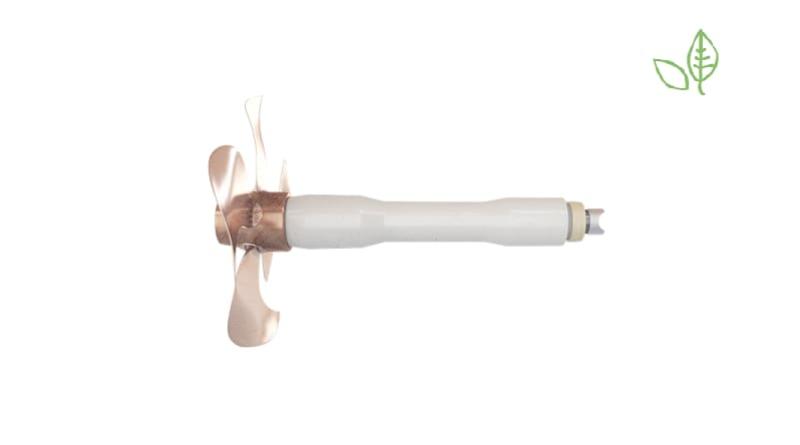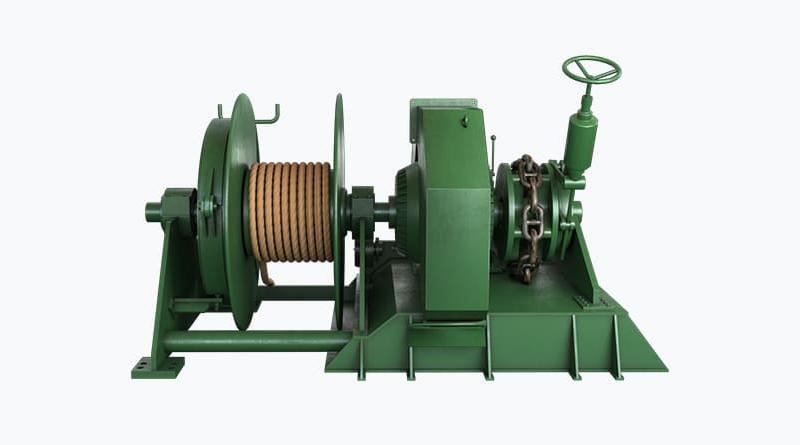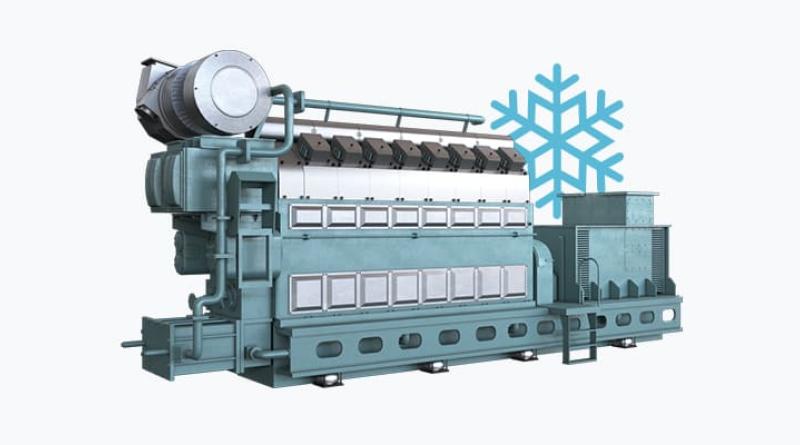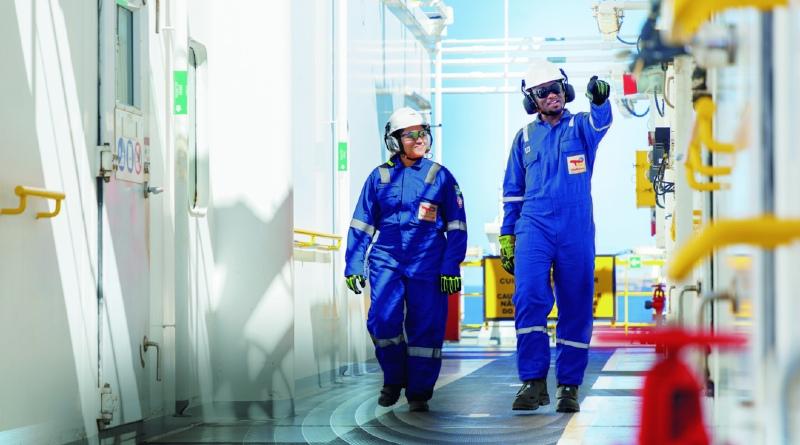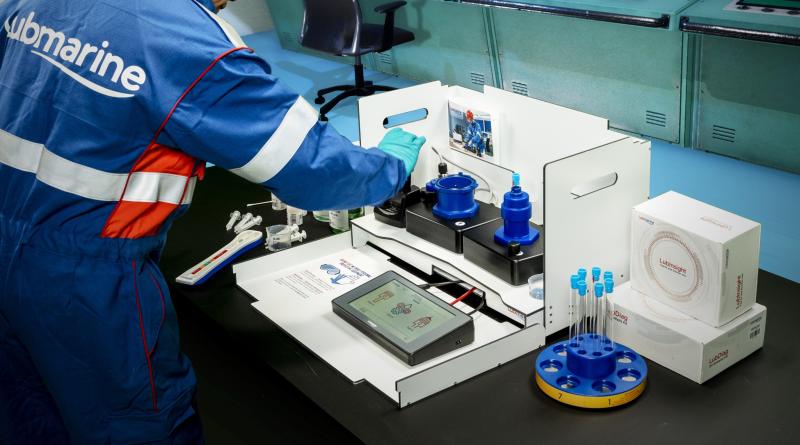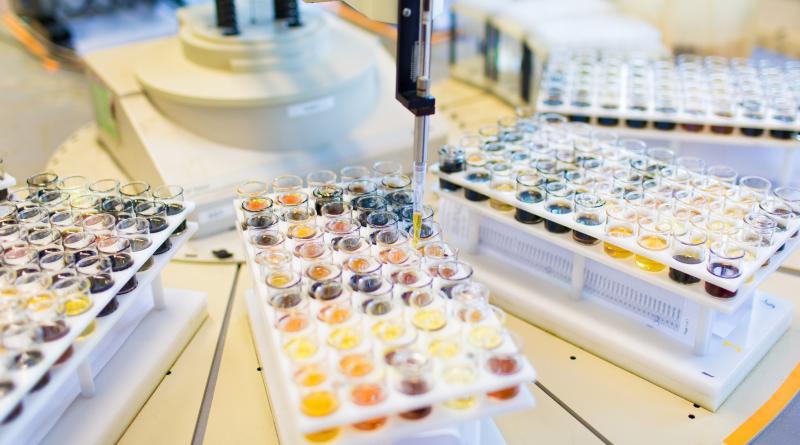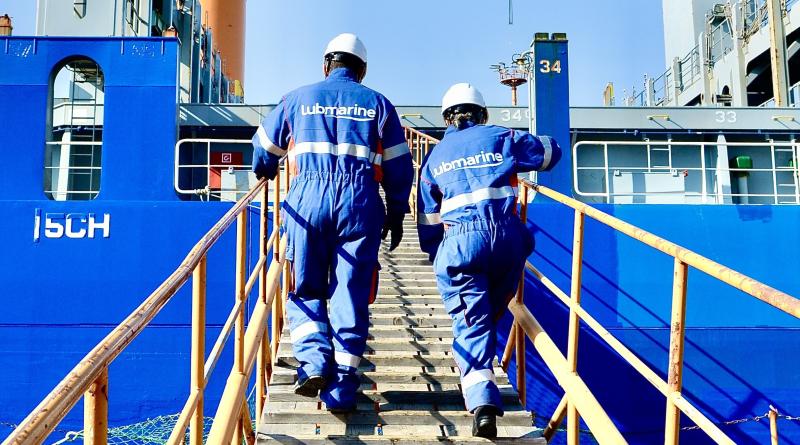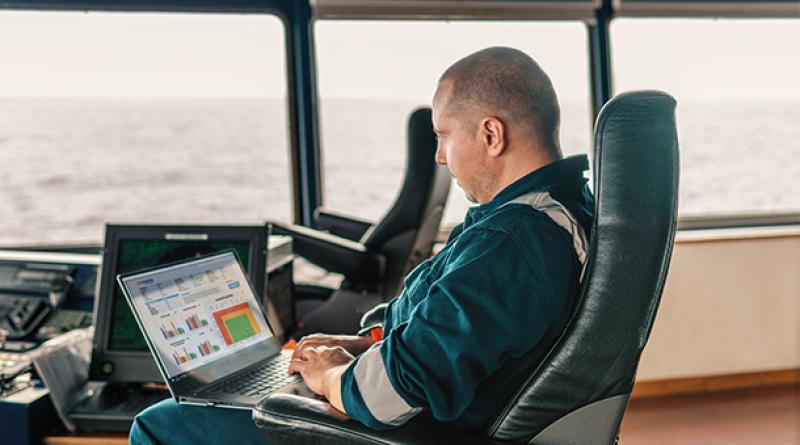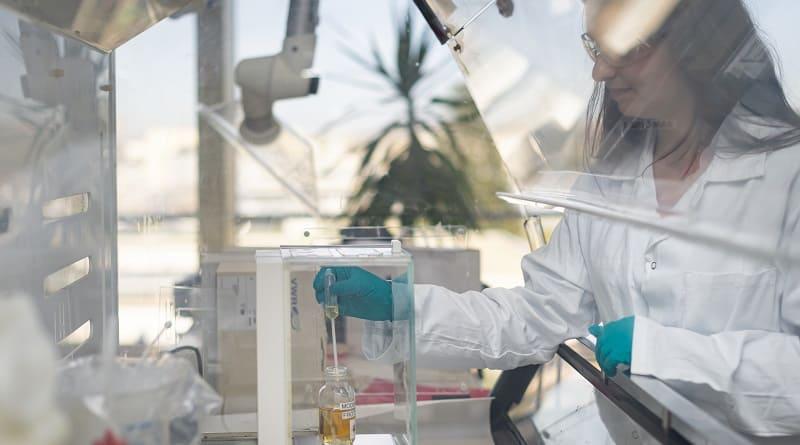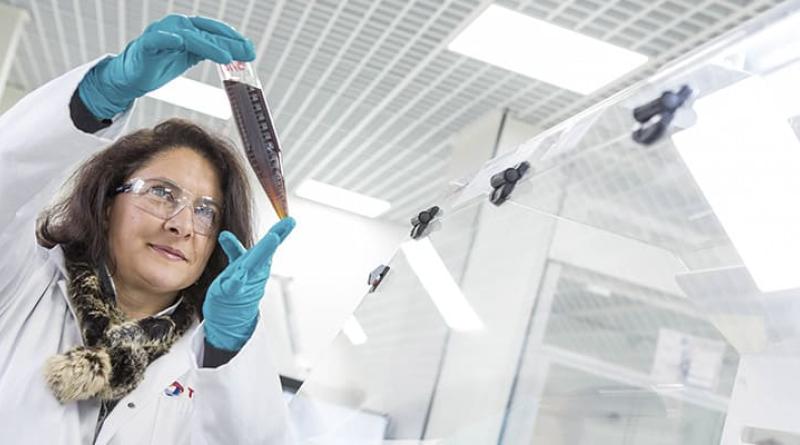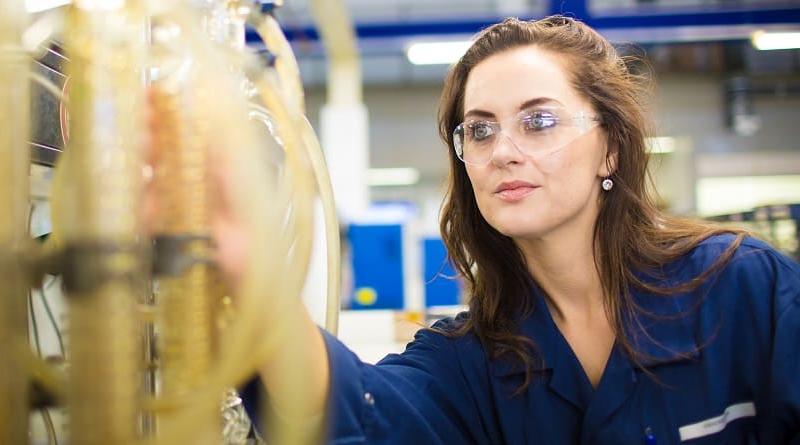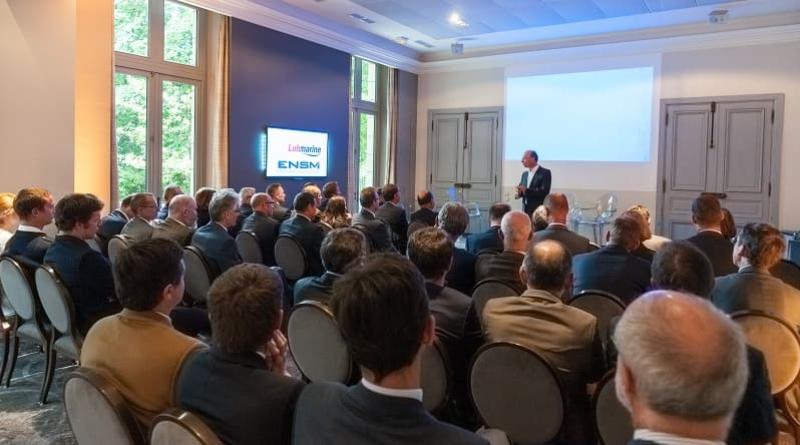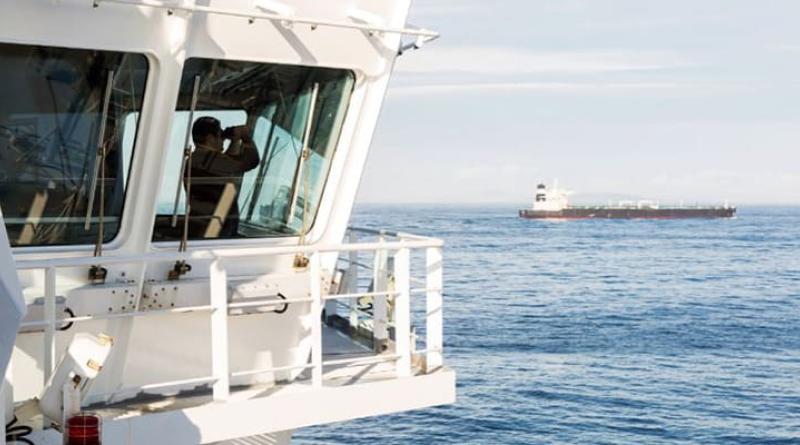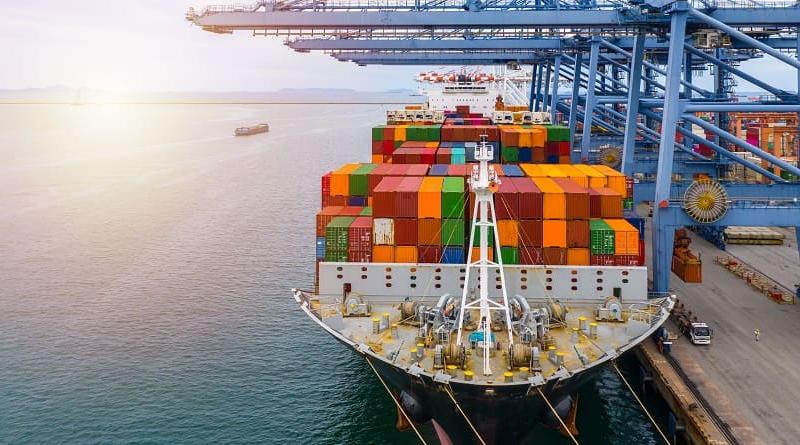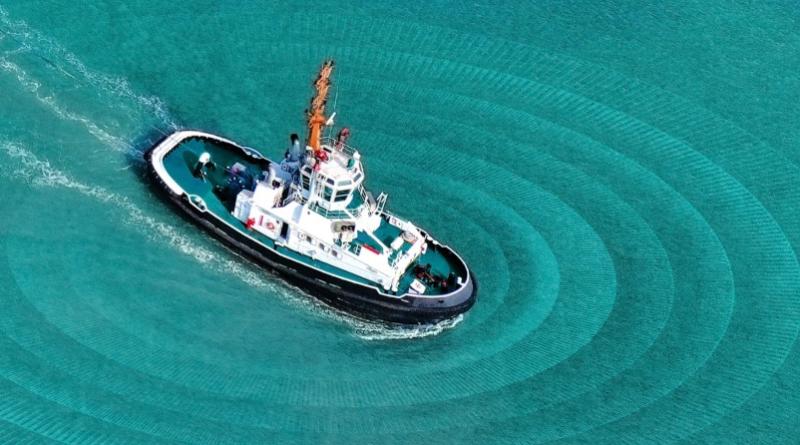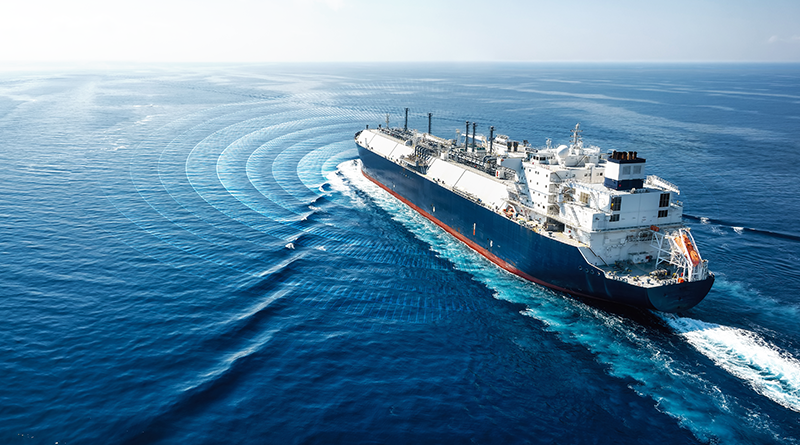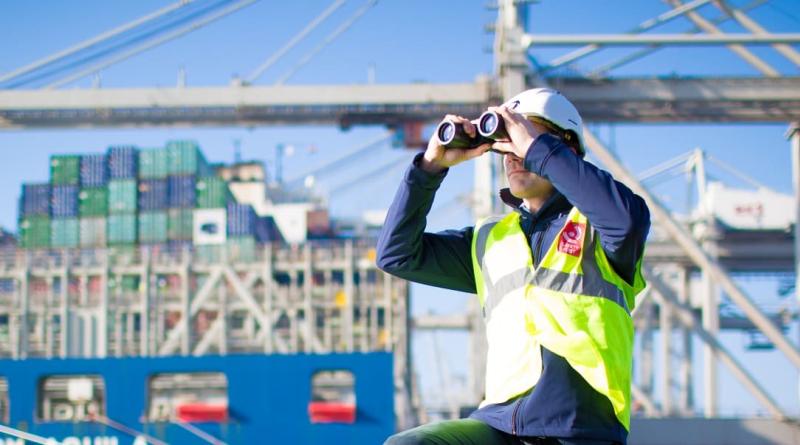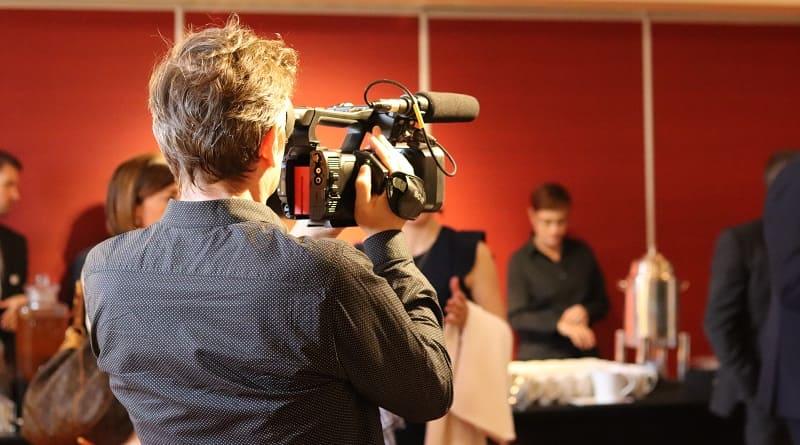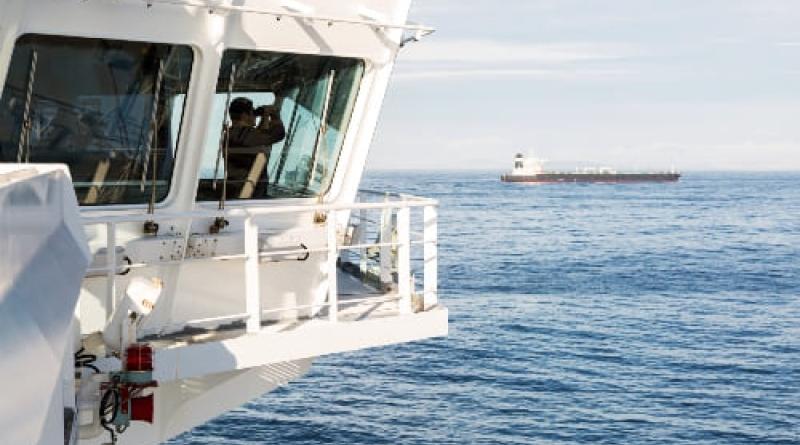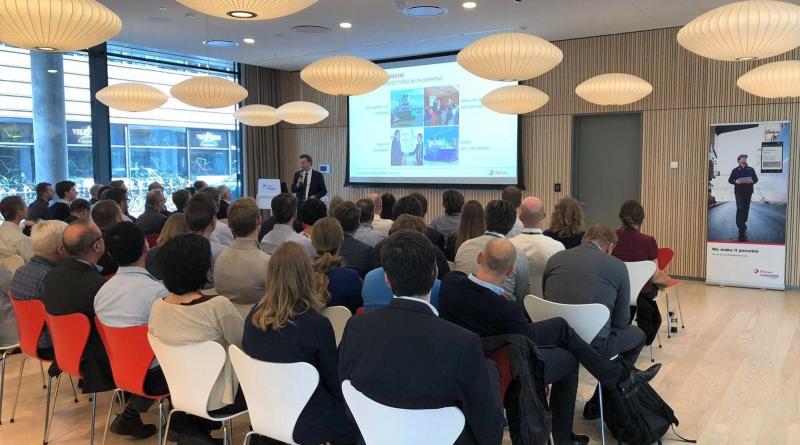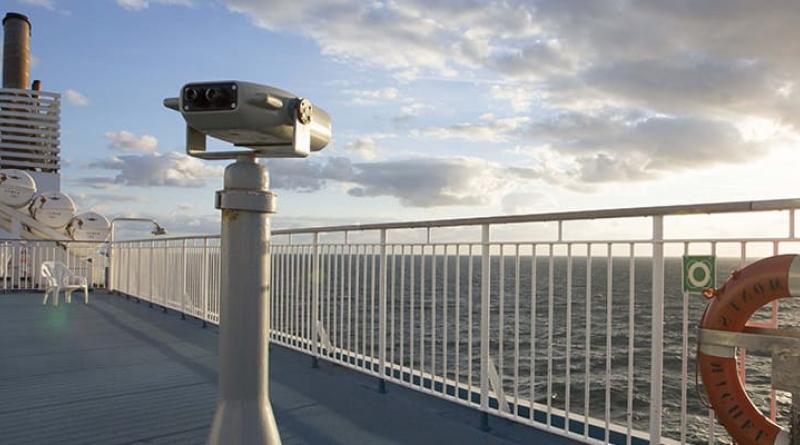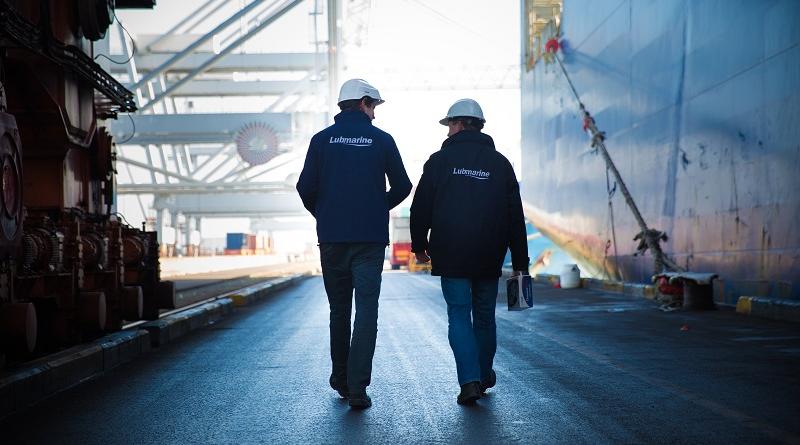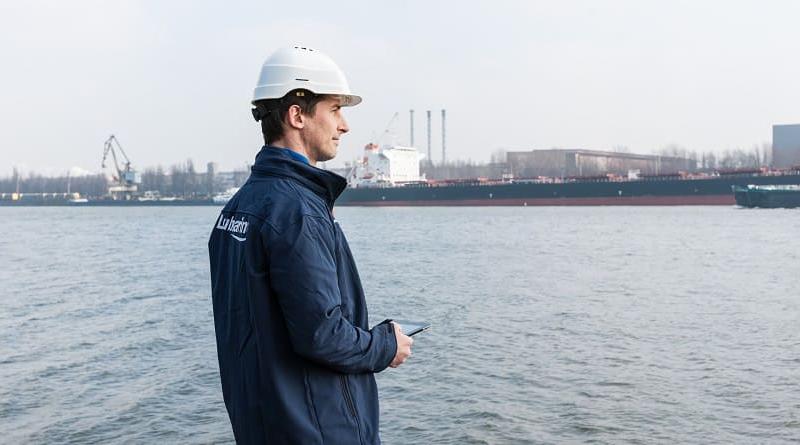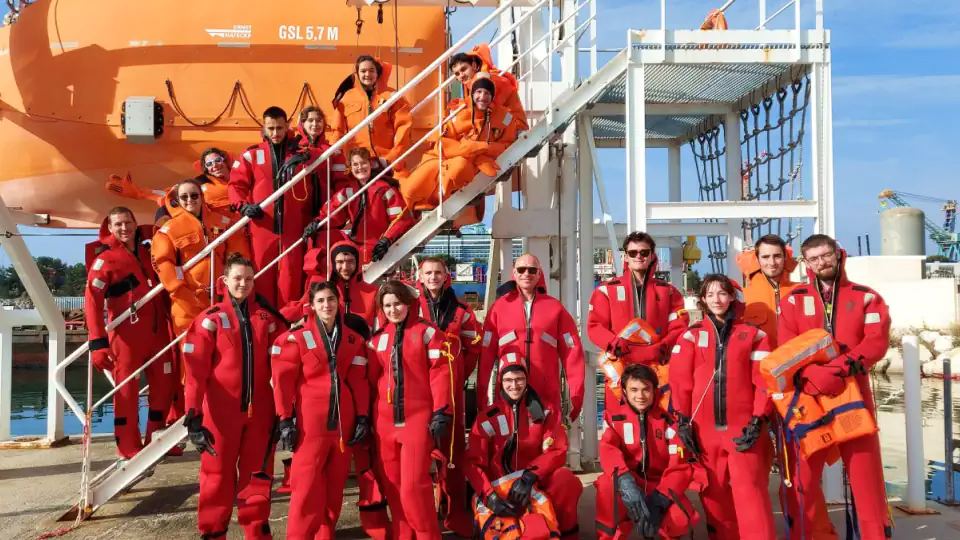
As part of its goal to support a range of seafaring educational initiatives around the World, Lubmarine has helped assist an ‘abandoned-ship’ experiment to test the physiological, psychological and medical impact of survivors at sea.
Organized by Au Rad’lô - a French association created in 2016 by the students of the French Merchant Maritime Academy with the aim of improving survival at sea – 22 volunteers boarded two vessels – an inflatable life raft and a rigid boat off the coast of Marseilles for the five-day experiment.
Lubmarine provided essential safety equipment for the experiment including safety kits, waterproof VHF radios, GPS tags and batteries for all volunteers in addition to all first aid equipment on board the 2 crafts being used to provide refuge for the volunteers.
The volunteers including students from the ENSM – the French Merchant Maritime Academy – were placed in an as close as possible real life ‘adrift at sea’ situation. For safety reasons, the rigid lifeboat was moored at a buoy and the life raft fastened to the boat.
The volunteers were tested before, during and after the experience as well as being filmed and observed during the experience by a team of researchers to enable them to study participants’ behaviours.
Prior to the experiment, the volunteers underwent numerous medical examinations including testing balance, taste, hearing and vision and completed questionnaires on subjects including sleep, stress, perception of sensations and emotions.
Equipment tests were also undertaken during the 5 days at sea including survival rations, emergency medications, survival suits, life jackets, raft cameras, and immersion suits.
Returning to shore, the life raft with 11 volunteers onboard was towed by the rigid lifeboat to the local port. This was the first time the group had experienced this type of situation.
After the five days were completed, the volunteers participated in post-experiment medical examinations, tests and questionnaires.
Although the full test results have yet to be released, an early summary of the experience on the volunteers include:
- Survival rations included dry food that could only be swallowed with water
- Water was stored in small plastic packaging that had a strong taste
- Volunteers found that eating the food eventually became difficult
- Those on the life raft faced waterproofness issues highlighting how important it is to have survival suits
- The differences between the raft interior and the boat interior had an impact on the group’s behavior. With a large and single open space on the raft, the volunteers shared every moment all together (discussions, meals, games), whereas there was a separation on the boat and participants would gather in small groups of 2 or 3.
- The guidelines in the emergency medical kits were not fully adapted to survival at sea (for example, the inclusion of an explanation on what to do in case of a snake bite!).
- On the boat, an entertainment kit was available with playing cards, which helped the volunteers bear the long waiting time, leading to their recommendation that similar kits should be automatically provided onboard all survival boats.
“We are delighted to have supported this latest piece of vital research by Au Rad’lô, an organization we are proud to have supported since its inception in 2016,” said Lubmarine Brand Manager Cécile Joannin.
“The work carried out by Au Rad’lô is helping shape how survivors at sea can manage in extreme conditions and this latest experiment will go a long way to increase that level of support even further,” she added.
Once they are published, the final results will be shared with the French Secretary of State for the Sea as well as other stakeholders of the shipping industry. The Au Rad’lô team will also address a technical report to the suppliers of the life raft and the lifeboat.
The organization is already planning its next survival experiment in 2024 when they intend to embark 50 volunteers in a passenger-ship survival situation.
